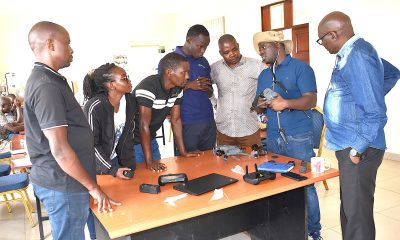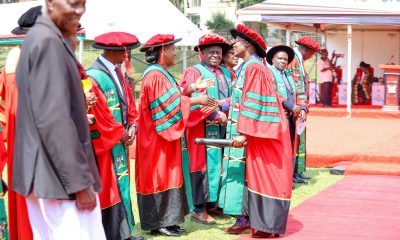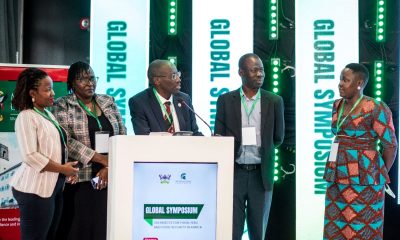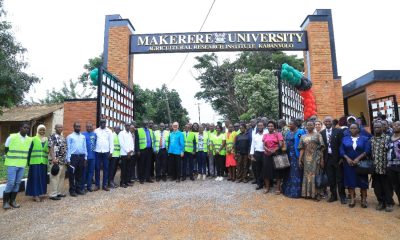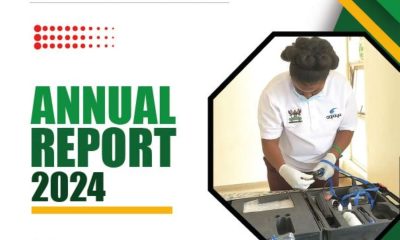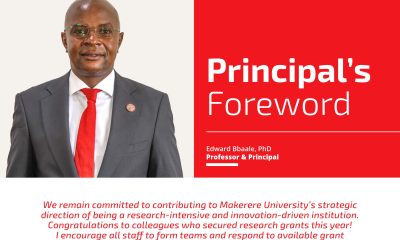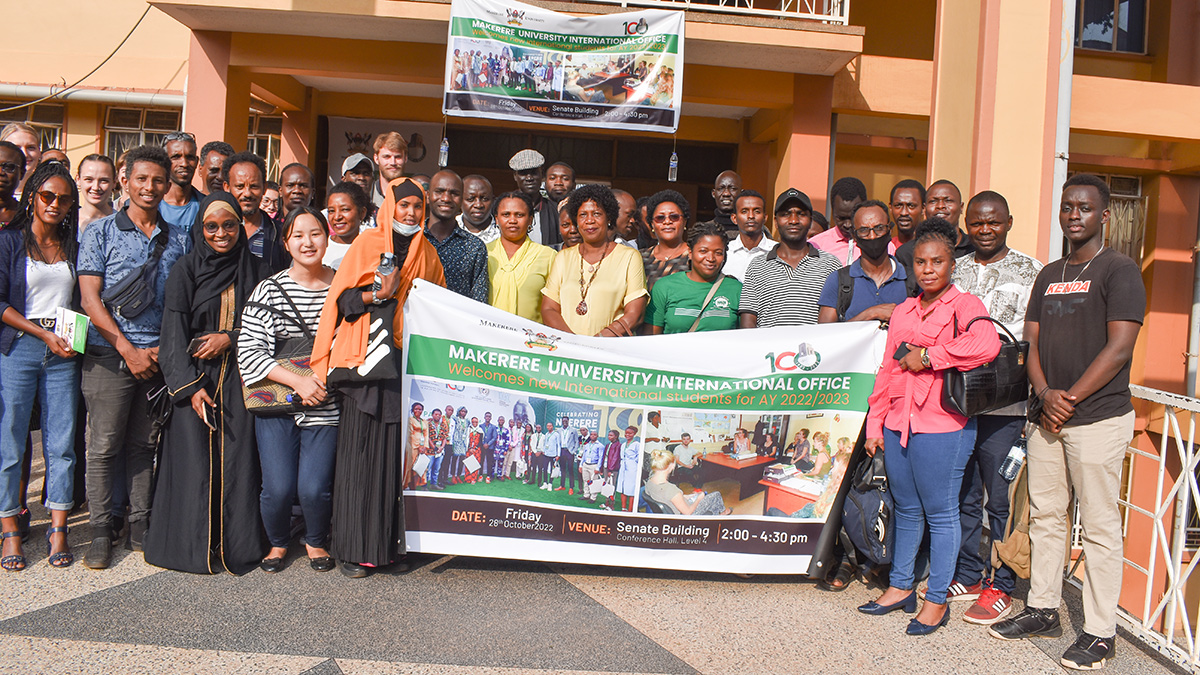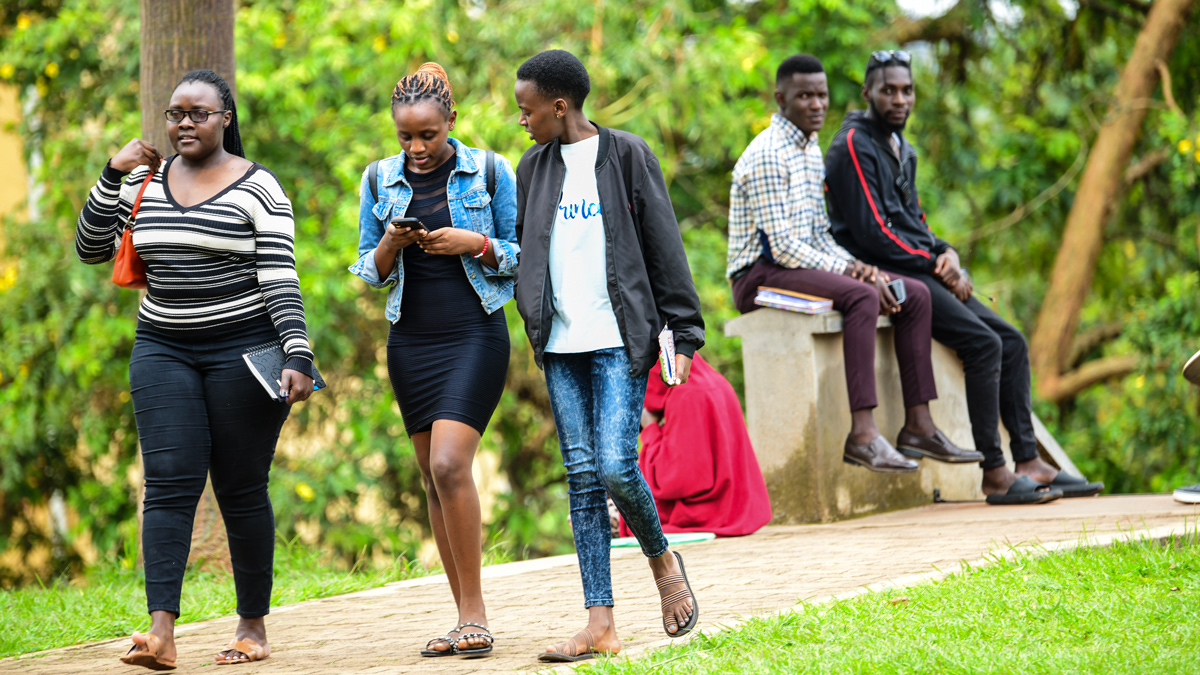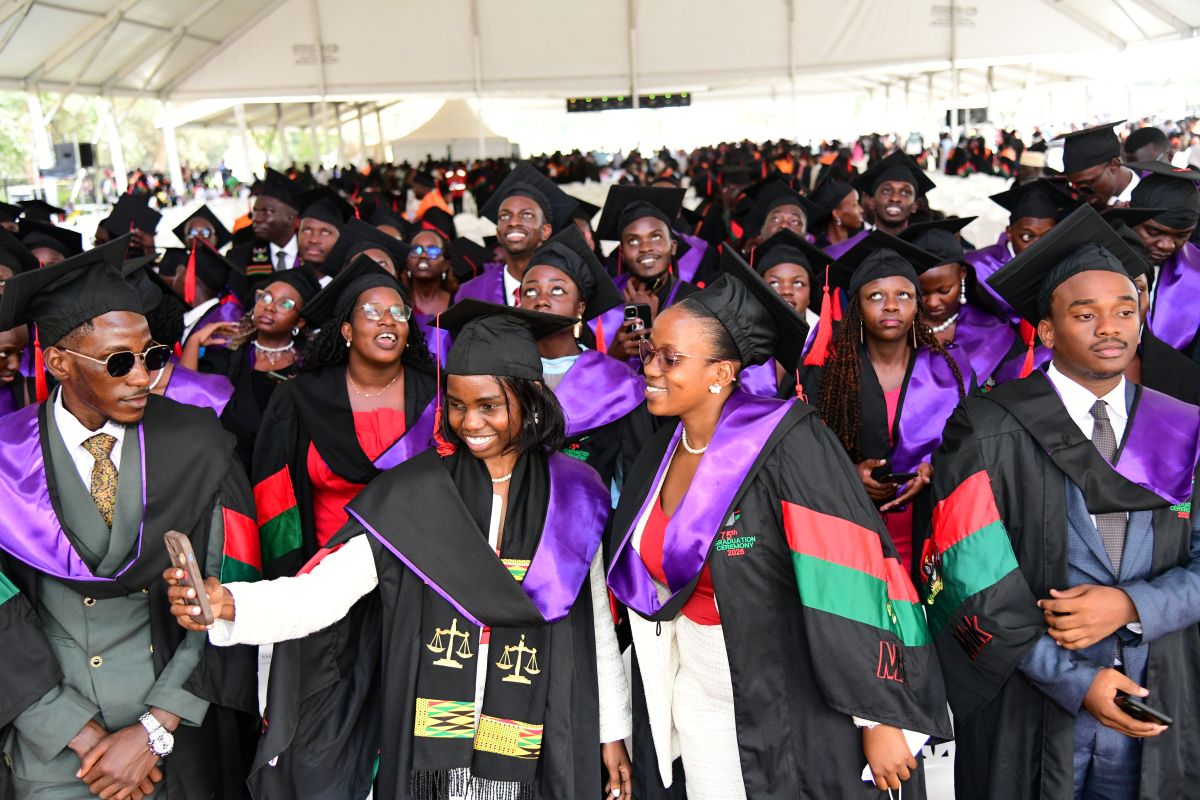ADOPTING MULTI-DISCIPLINARY APPROACHES IN GENETIC IMPROVEMENTS, NUTRITIONAL ENHANCEMENT & CLIMATE CHANGE ADAPTATION FOR IMPROVED PRODUCTION OF NILE TILAPIA IN UGANDA
BACKGROUND
The National Agricultural Research Organisation (NARO), center for Aquaculture Research and Development, Kajjansi in collaboration with Makerere University, was awarded a contract under the European Union-funded project to conduct research on: “Adopting multidisciplinary approaches in genetic improvements, nutritional enhancement and climate change adaptation for improved production of Nile tilapia in Uganda (ARISE-PP).” The overall objective of the project is to breed Nile tilapia for fast growth and temperature resilience; and ultimately formulate commercially competitive and environmentally safe fish feeds for sustainable production of Nile tilapia in Uganda. To achieve this broad aim, the project will: i) Study the effects of elevated water temperature on the growth, survival and physiology of Nile tilapia strains from Ugandan lakes Victoria, Kyoga, Albert, and Edward; ii) Select and breed Nile tilapia strains from Ugandan lakes Victoria, Kyoga, Albert or Edward for both fast growth and tolerance to elevated temperature; iii) Develop cost effective and environmentally safe feeds for the fast growing temperature-resilient Nile tilapia strains; and iv) Popularize the fast growing Nile tilapia strain resilient to elevated water temperature and the allied feeding regime. The project aims at achieving: i) Fastgrowing and temperature-resistant Nile tilapia strain produced and popularized across Uganda’s agro-zones to aid aquaculture development; ii) Reduced cost of protein supplements to achieve regular production of quality fish feeds with high digestibility and low feed conversion ratio; iii) Reduced cost of fish feeds resulting from the use of low cost locally available/accessible protein supplements in feed formulation; hence, promoting fish farming in Uganda; iv) Increased availability of farmed fish at reduced retail prices by at least 20%, leading to more people consuming fish, thus, reducing malnutrition; and v) A network of aquaculture scientists built for long-term scientific research engagements towards transforming aquaculture in Uganda. The project will largely achieve her objective through activities executed to fulfill each objective, and preferably through six students (i.e., 02 PhDs and 04 MSc). Three students (i.e., 02 PhDs and 01 MSc) have already been recruited on the programme. The project is now sourcing for two more hardworking and self-motivated students who are already admitted to take on MSc degree in the field of fisheries and Aquaculture or related field.
RESEARCH FELLOWSHIPS
Applications are invited for two (2) MSc students who will work on the different components of the project, aligned to the AU-EU priorities for research and innovation focusing on:
- Green transition by ensuring food and nutrition security, sustainable agriculture, climate change and sustainable energy
- Innovation and technology
- Building capacities for science
APPLICATION PROCESS
The application package should include:
- One-page application letter
- A motivation statement not exceeding 600 words
- Curriculum vitae (maximum 3 pages) with at least two academic referees
- A copy of the candidate`s national identity card
- Copies of relevant academic documents (Photocopies), with certified copies of the BSc transcript and certificate by the academic registrar.
- Evidence of being an MSc. student at Makerere University
SUBMISSION DEADLINE Interested candidates should send in their applications (compiled in a single PDF file) to the Principal Investigator Dr. Margaret Aanyu (maggieaanyu@gmail.com), and with a copy to the project Graduate Coordinator Dr. Godfrey Kawooya Kubiriza (godfrey.kubirizag@mak.ac.ug or kubirizag@gmail.com), by the 15th September 2023.
View on CoNAS


 General6 days ago
General6 days ago
 General1 week ago
General1 week ago
 General1 week ago
General1 week ago
 General1 week ago
General1 week ago
 General1 day ago
General1 day ago
